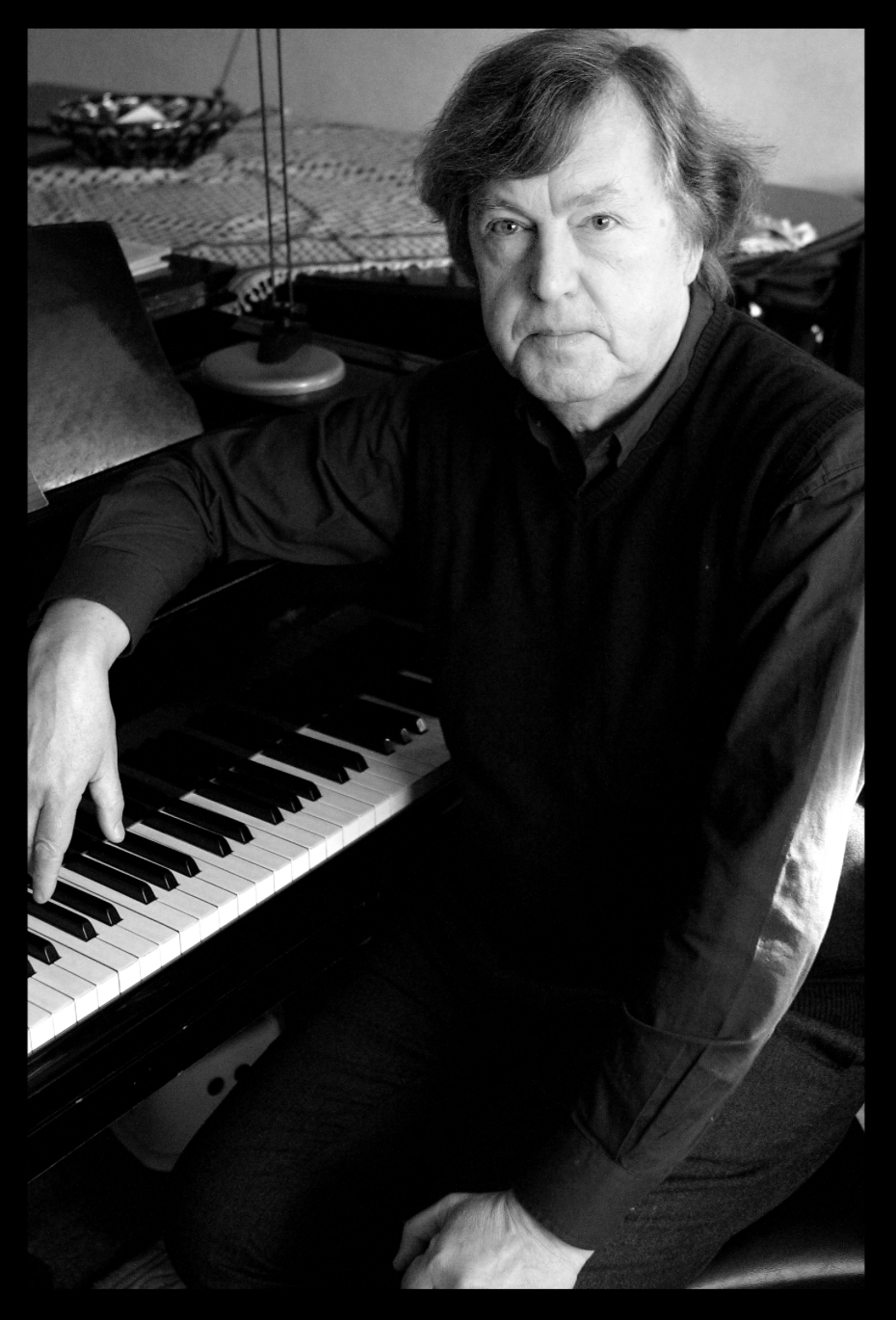This PhD by Levente Kende focuses on the interaction between the late piano works by Ferenc Liszt (1870 - 1886) and the early piano works by Béla Bartók (1905-1911). These specific works by Liszt and Bartók completely break with their respective previous romantic periods and announce a new style of composing. What has ultimately led Liszt and Bartók to take the step, in a similar way, from their romantic idiom to early modernity?
This research also focuses on the comparison between Liszt and Bartók themselves. The role of the political and social situation of the Austro-Hungarian double monarchy in the nationalist feelings and 'Hungarian Music' of Liszt and Bartòk during the period 1867-1918, more specifically the language issue, will also be questioned.
The investigation seeks an answer to the research questions through a comparative score analysis of the piano works of Liszt and Bartòk, a document analysis of manuscripts and copies of the unpublished Liszt-works and the repertory, an analysis of the correspondence of István Thomàn with Bartòk, an analysis of his book on piano training and his repertory of piano recitals, his publications and source research in various foreign archives.
Promoters:
Luc Van Hove
Stephan Weytjens
Henk de Smaele





